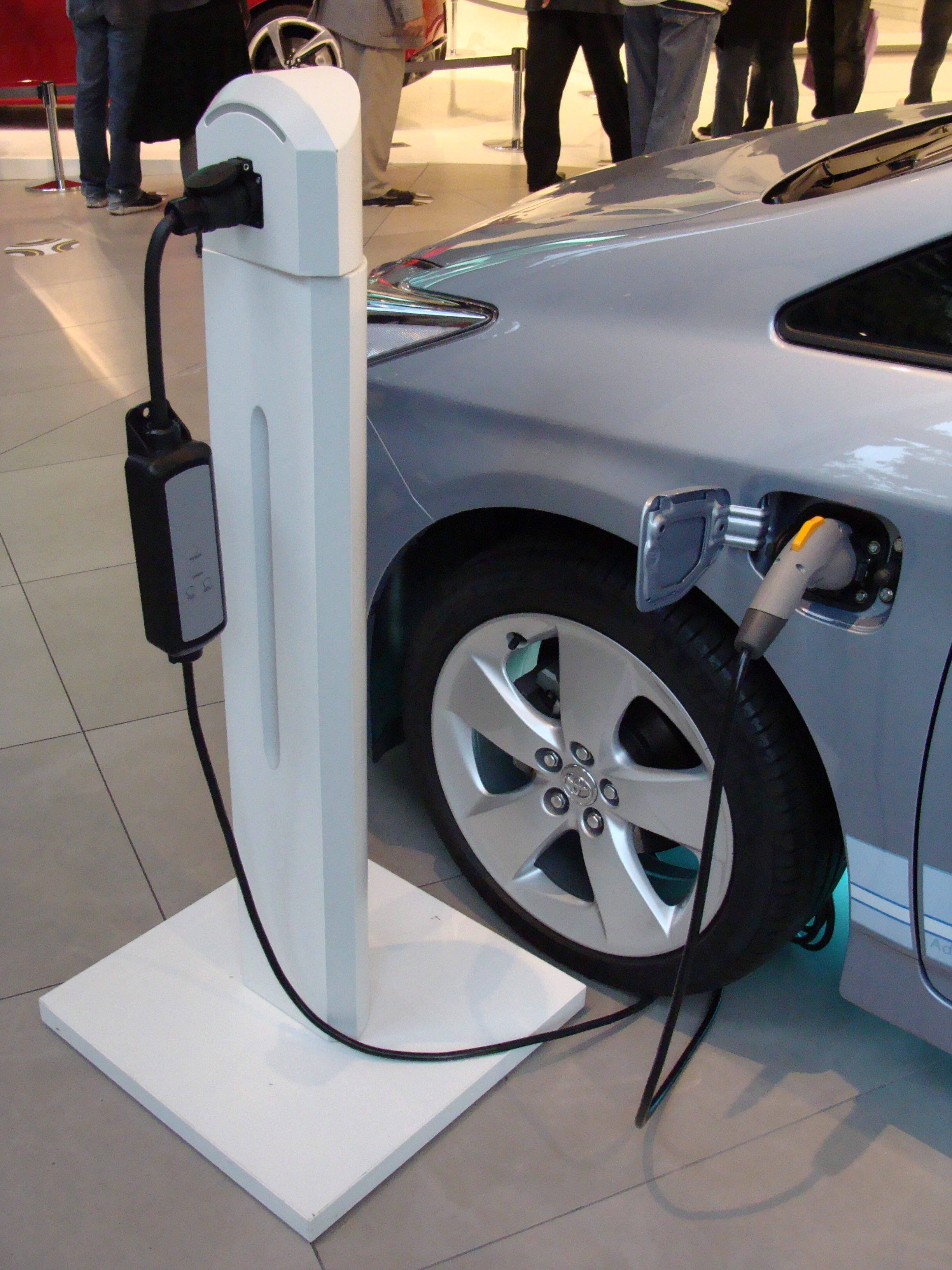State Bill Will Remove Consumer Tax Break on Electric Vehicles
- 14/08/2015
- Transport
- Posted by Tessa Romarez
- Leave your thoughts
Currently, there are plans by Georgia State lawmakers to improve their hardly-financed transportation system.
The State House has just passed bill HB 170, which will raise some $700 million to augment the $1 billion yearly financial requirement for the improvement of the state’s existing roads and highways.
The proposal is to be submitted to the senate for approval. The higher legislative body can act on it by either making some adjustments or completely overhauling the proposed cuts and taxes, including the consumer tax break, found in the legislation.
However, such actions have put many residents into major confusion. One concerned citizen voiced out his view in social media, wondering if the version passed by the House will truly revoke the tax credit for electric vehicles, while still maintaining a similar tax break for other businesses.
Tax hikes in vehicles have always been justified by the State’s backlog in its transportation projects, which it says is serious and must be addressed with the necessary funds. There are initial amendments introduced that would have made the tax rates in the proposal more favourable to electric vehicle industry, but eventually it was approved in its original form by the House.
According to the proposal, it will remove the percent sales tax on gas fuel, and will be replaced by an excise tax of 29 cents a gallon. It will eliminate the widely sought $5,000 tax credit given to all-electric cars, and $2,500 for low-emission cars; this will take effect by July 1. Worse is that the owners of zero and low-emission cars will be required to shell out $200 in annual registration fee.
Georgia State Representative Jay Roberts, R-Ocilla, was adamant in having the legislation passed in its original form. The changes in the transportation tax bill involving the electric vehicles were pushed through because EV owners are found to be paying practically nothing to lease and drive these cars.
In 2013, the tax credit for EVs cost Georgia some $13.6 million.
When it is combined with the federal tax credit worth $7,500 that a consumer can obtain for a purchase of a zero-emission electric car, the state credit practically covers as much as 23% of the Nissan Leaf. Because of the state tax incentive, Atlanta was the top buyer of the Leaf, the most popular plug-in EV in the country.
The State Department of Audit & Accounts estimate that with the impending elimination of the consumer tax break and the addition of yearly fees, the state stands to generate around $68 million in new earnings by 2016. The tax credit incentives for businesses, however, is not affected in the pending state bill.
Many argue why legislators are removing the breaks since these are actually bringing in more money to the state. Georgia is known to generate more revenues from electricity.
“It’s pretty hard, economically, to justify one credit and not the other,” said Bruce Seaman, professor at Georgia State University. “Eliminating the electric vehicle credit is a quest for funding. But it’s short-sighted not to consider the overall economic impacts, especially on commuting and our roads.”
The Senators will definitely have to study important considerations before they make a final decision on the legislation. In case the bill goes back to the House, members might want to make amendments that will be more favourable to EV users.

